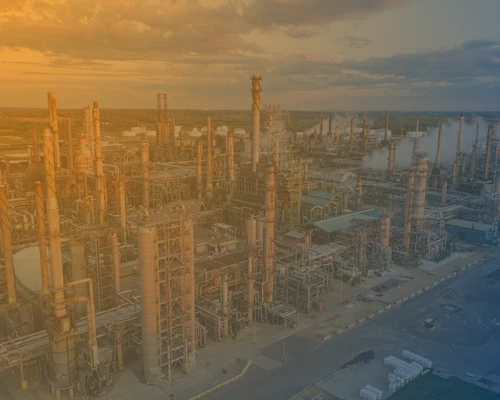Lessons on Connected Worker from Chevron Phillips Chemical Company
Add bookmark
Every year at Chevron Phillips Chemical Company, workers fill out an average of 75,000 safe work permits. Historically, the problem was that these paper-based forms were largely manual, metrics and data had to be collected by hand, and it was difficult to maintain standards across the company’s global network of plants.
A few years ago, the company set about to change that. It launched a company-wide field app for electronic work permitting. But the project path wasn’t completely straightforward.
In this interview, Ryan Tsamouris, Solutions Architect, Connected Worker at Chevron Phillips Chemical Company, discusses the challenges and lessons learned during this connected worker field app project, what he wishes he’d known at the start of the project, and his advice to others embarking on a similar journey.
Diana Davis, Oil and Gas IQ: Companies usually love to play up their successes. They're more reluctant to share when things don't go so well. At our upcoming Connected Worker event in Houston, you're going to be talking about a project that you worked on that didn't go so well. Why do you want to talk about a failure? Why not play up your accomplishments instead?
Ryan Tsamouris, Chevron Phillips Chemical Company: I don't like to use the word failure. It’s important to understand how we handle challenges to better decide on the best path for the future. By sharing our lessons learned we can help others find success with their connected worker initiatives.
In the oil and gas industry, we need more adoption of field applications, wireless network expansions, IoT, and other connected worker technologies. The more that we adopt these things, the more that third parties will build and support new products, and the faster we can advance as an industry. If we have companies that are taking on these large-scale projects, and they're finding success, then there will be more interest to invest.
This particular project is also a story of accomplishment because we were able to overcome these challenges and stabilize the product and the process. We also championed areas outside of our scope, such as funding for new mobile devices, private LTE, Wi-Fi surveys, and were able to get the support from our leadership to do the things we needed to do.
We want to share our lessons learned to promote more industry adoption and talk about how we can persevere through the common challenges.
Diana Davis, Oil and Gas IQ: Let's talk about what you were actually doing. You’ve described it as “a challenging effort to launch a company-wide field app for electronic work permit.” Tell me more about what you were doing.
Ryan Tsamouris, Chevron Phillips Chemical Company: Our company – and the oil and gas industry in general - still does a lot of work on paper in the field. At Chevron Phillips we perform over 75,000 safe work permits every year. This is just one type of permit that we do in the field that requires communication and collaboration between the control room, operations, maintenance.
























